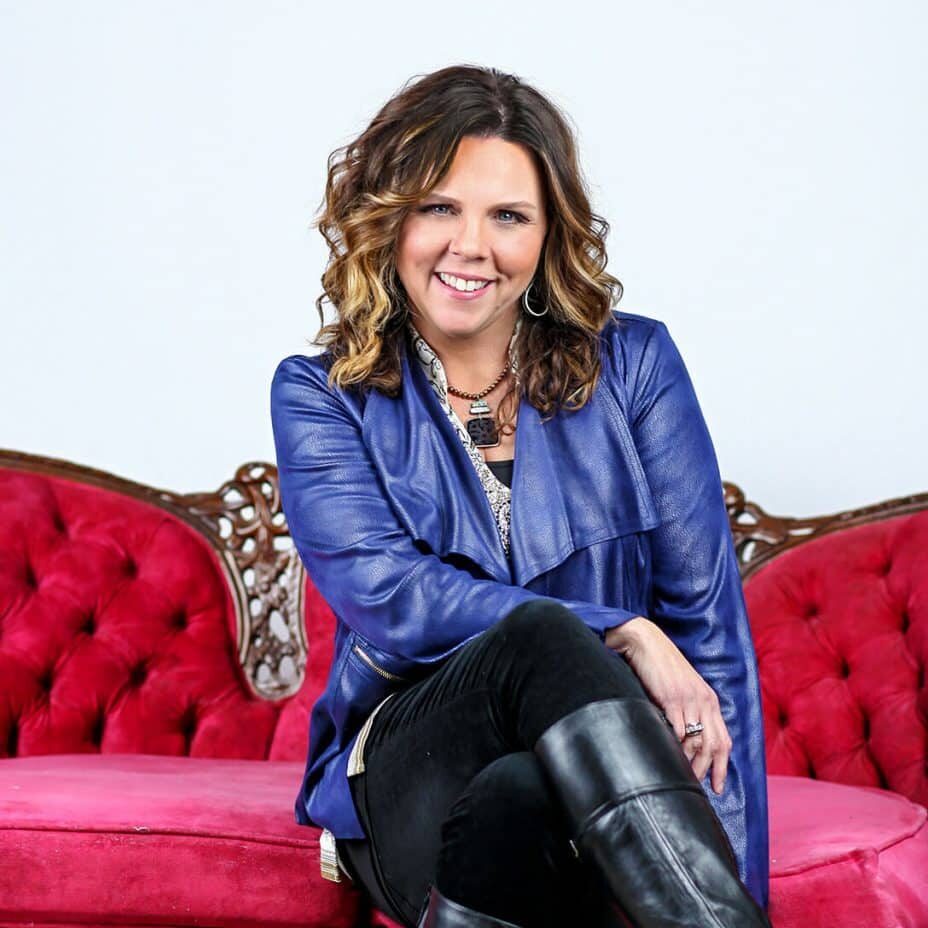Understanding Dyslexia for Parents
Have you watched the unboxing trends on TikTok and Instagram? It’s the same scenario every time: a popular fashion blogger receives a “haul” from a famous brand. One by one, she shows the viewer what is inside the box she’s received. If you’ve watched one of these videos, you must admit they’re catchy. If dyslexia was the brand and sent us a haul to unbox, what would we find inside? Dyslexia comes in various severities, comorbidities, and processes, and each student with dyslexia can look very different. In this blog, we will cover what exactly dyslexia is, the signs of it, how it is diagnosed, and how it can be managed with the proper learning support for your child.
What is Dyslexia?
Dyslexia is a specific type of learning disability that is neurobiological in origin. A child with a learning disability has trouble processing words or numbers. There are several kinds of learning disabilities — dyslexia is the term used when people have difficulty learning to read, even though they’re smart enough and want to learn. Individuals with dyslexia have difficulties with accurate and fluent word recognition and may display poor spelling abilities.
Dyslexia has two components: cognitive and academic. When both areas are addressed, the learning gap shrinks, and independent learning grows in its most natural state.
How is Dyslexia Managed?
It’s incredibly important to draw awareness to the solutions surrounding dyslexia management. Through sharing stories of people with dyslexia, we can see individuals that have grown to flourish when both components of dyslexia–cognitive and academic–are addressed.
Fortunately, with the proper assistance and informed help, most children with dyslexia can learn to read and develop strategies that allow them to stay in the regular classroom. In most cases, children must work with a specially trained teacher, tutor, or reading specialist to help manage the condition. Your child’s teacher, psychologist, or pediatrician may recommend an academic therapist–also referred to as an educational therapist or academic language therapist–who is trained to work with kids with dyslexia.
An Example of Dyslexia
Let’s take a look at a real-life example of dyslexia so that we can learn more about the signs to look for and how with early dyslexia intervention, a child that receives necessary help can flourish in the classroom.
Here is an example: aschool identified Josie in first grade with “dyslexia characteristics.” She received response to intervention (Tier 3) for reading and was tutored after school by the reading specialist every year until fifth grade. By this time, the social-emotional issues were taking their toll on her. She had increased anxiety and frequently felt sad. She was referred to Dr. Kyra Minichan for an evaluation. It became clear that she had received all of the right “tutoring”; however, Josie had underlying weak cognitive skills that kept her from becoming independent in her learning. Instead, with a specific plan devised by Dr. Minichan, Josie received cognitive intervention to strengthen the weak areas. Within three months, Josie’s outlook changed drastically. Today, Josie is a junior in high school taking AP and honors classes. She is president of the Beta Club and a member of the National Honors Society. She has aspirations to attend a private college and major in marketing. Much of Josie’s success is due to early dyslexia intervention and help from a trained dyslexia learning specialist in Dr. Minichan. She continues to shine in the world because she received the support she so desperately needed.
Support for Your Dyslexic Child
Josie is just one box in the years of “dyslexia hauls” that Dr. Kyra Minichan has been privileged to receive. The goal at The Cognitive Emporium for Dyslexia Awareness is to show you a different box each week and reveal the unique pieces inside the box.
October is Dyslexia Awareness Month. While there is still not enough coverage of the signs of dyslexia and the helpful tools to manage it, this month is a great step towards bringing awareness to this treatable learning disability.
If you think your child might have dyslexia, talk with your doctor, your child’s teacher, or a reading specialist. The sooner a reading problem is found, the sooner your child can get the proper help they need. At the Cognitive Emporium, we provide parents with the solutions to help their smart but struggling children become confident, independent learners. To start supporting your child with dyslexia today, schedule a complimentary 10-minute evaluation with Dr. Kyra Minichan here.

